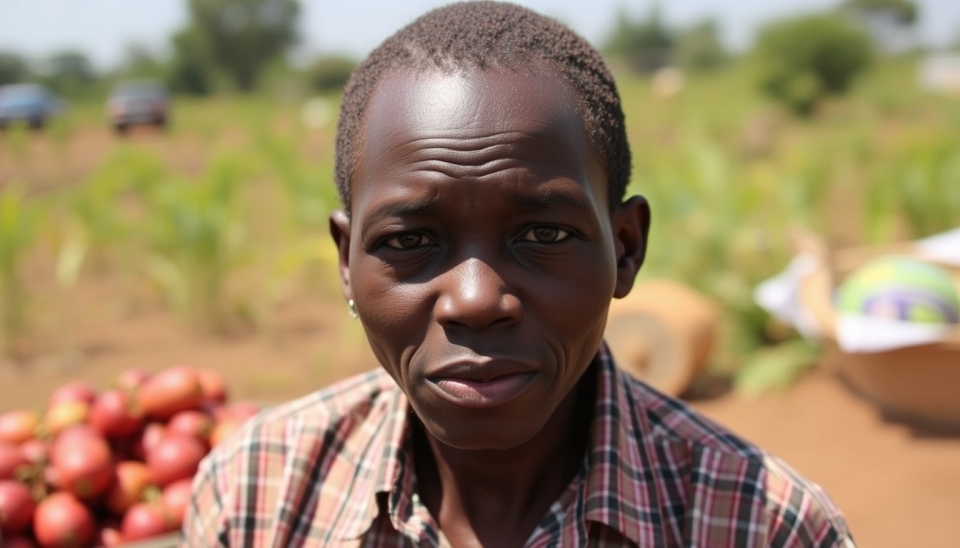Zambia Aims for Dedollarization: A Focus on Strengthening Local Currency

The Central Bank of Zambia has announced that it is intensifying its dedollarization strategy aimed at supporting the national currency, the kwacha. In recent years, the country has relied heavily on the US dollar, which has jeopardized economic stability. In its latest reports, the regulator emphasized the need to reduce this dependence and transition towards a more sustainable financial system.
Dollarization can lead to various negative consequences, such as high inflation and instability. The head of the Central Bank of Zambia explained that dedollarization will help establish financial order, increase trust in the local currency, and provide long-term economic benefits. He also noted that this would create a healthier financial environment for businesses and the population.
One of the key measures being considered as part of this program is encouraging citizens and companies to use kwacha for transactions and savings, which the government believes will further strengthen the currency. Additionally, the regulator plans to introduce more tools aimed at stimulating the economy and improving access to finance for the local population.
Despite the positive outlook from the Central Bank, economists express concerns over the potential short-term repercussions of such dedollarization, noting that it is essential to consider the current state of the economy and ensure adequate support measures for a successful transition.
Overall, Zambia's dedollarization strategy aims for a more resilient economy with less dependence on external financial factors and the strengthening of the country's financial foundations.
#Zambia #dedollarization #kwacha #CentralBank #economy #inflation



